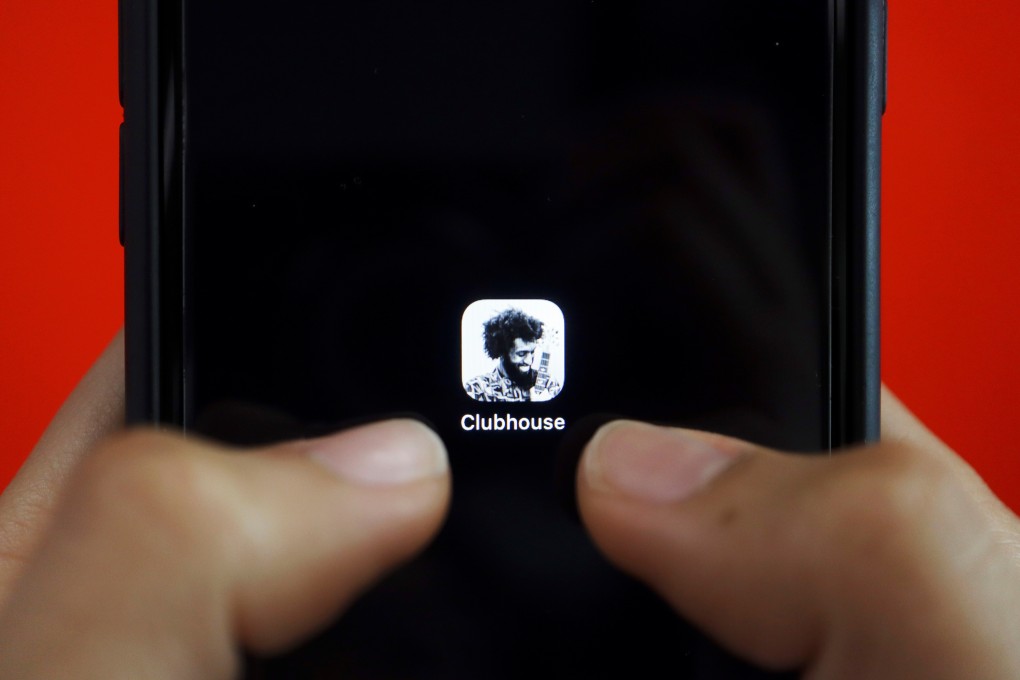With Clubhouse blocked, can the audio-only chat phenomenon go mainstream in China?
- History has shown that the blocking of a foreign internet service in China often leads to the rise of a home-grown version behind Beijing’s Great Firewall
- Chinese audio apps would likely focus on delivering content related to entertainment rather than political debate, which got Clubhouse blocked in the first place

The blocking of popular audio-chat social media app Clubhouse in China has sparked renewed debate over whether a Chinese version could emerge from a group of potential local contenders trying to fill the void.
As Clubhouse fades from view in China, several Chinese social audio apps have come under the spotlight as potential replacements. Chinese audio tech company Lizhi, which competes with Clubhouse in the US with a social audio app called Tiya that is not currently available in China, is a front runner as it could tailor the app for its home market.
Other contenders include Dizhua, which offers similar services to Clubhouse, and Two, a Chinese-developed social audio app that received financial backing from BitTorrent owner Justin Sun.
Weibo, China’s equivalent to Twitter, has included a video-audio-chat function in an updated version, which can accommodate five people – one moderator and four others.
